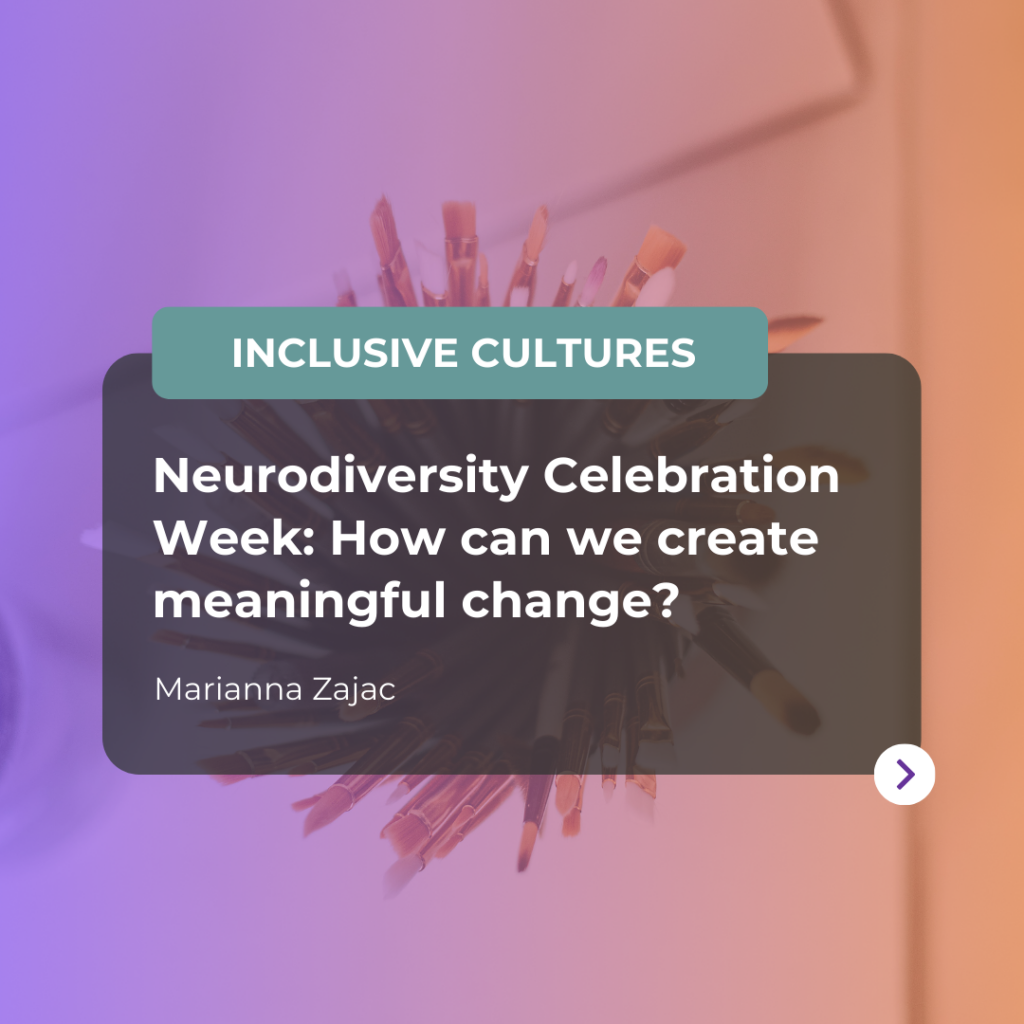World Kindness Day is celebrated on 13th November. After reading Claudia Hammond’s book ‘The Keys to Kindness,’ it struck me that fostering a ‘kind workplace’ is not only beneficial for individuals but also enhances business performance.
The definition of a kind workplace is a workplace ‘where everyone feels valued and fairly treated.’ There is significant overlap here with the work we do in terms of promoting inclusive cultures. So, below I have listed 5 reasons why you and your leaders should prioritise kindness in the workplace – something I hope we are all striving for.
1. Kindness is good for everyone
Kindness is beneficial both for individuals who act kindly and for those on the receiving end of the action, as well as for the wider world. People who act kindly experience the positive effects of their actions. Moreover, others will notice the impact of your kindness. They are more likely to reciprocate kindness towards you and others. This observation reinforces the belief that being kind is beneficial for everyone.
I noticed a similarity with inclusion in the workplace. The more importance you place on inclusion, the more likely you are to be inclusive, reap the rewards, and have that belief reinforced. This understanding is particularly important for people to grasp, as it is the key to initiating cultural change.
2. Improved Employee Retention
According to a UK study, only 1 in 3 people believed their immediate boss was kind. Furthermore, only 1 in 4 believed that the leader of their organisation was kind. Although these statistics are slightly disappointing, it is reassuring to note that those who perceived their boss and leader as kind were more likely to remain with the organisation for at least another year.
Additionally, most leaders reported that practicing kindness actually contributes to better business performance. It is important to note that this is purely subjective, but it is certainly something worth considering. In 2013, Joe Folkman’s research revealed that leaders who were more likable received higher effectiveness ratings based on 360-degree feedback, providing evidence to support this claim.
3. Promoting psychological safety
When leaders behave ethically (as a part of kindness), their staff feel more comfortable speaking up and taking risks. This is directly linked to the concept of psychological safety, which has gained popularity over the past decade. By being kind and ethical in your leadership, you can foster a greater sense of psychological safety, which yields numerous benefits.
In order to be an ethical leader, here are four quick tips:
- Be principled
- Be humble
- Be open to feedback
- Strive to become a role model for everyone
4. Enhanced mental health
Kindness is not limited to others; it is crucial to recognize the benefits of being kind to yourself. Practicing self-kindness and self-compassion can do wonders for our mental health, and research supports this notion.
Furthermore, being kind to ourselves enables us to extend kindness to others more readily.
5. Reduced risk of reputational damage
Finally, by cultivating a kinder organisation, you reduce the potential risks of reputational damage. When companies do not behave ethically and kindly, they may face boycotts and public backlash. We have seen numerous instances where companies have been exposed for exaggerating their commitment to sustainability, among other examples. By prioritising kindness, you can mitigate these risks and protect your organisation’s reputation.
I invite you and your leaders to strive for greater kindness in the workplace. The rewards will become evident almost immediately.
If you require assistance in creating a kind and inclusive workplace, please do not hesitate to contact us at info@pearnkandola.com to learn more.








